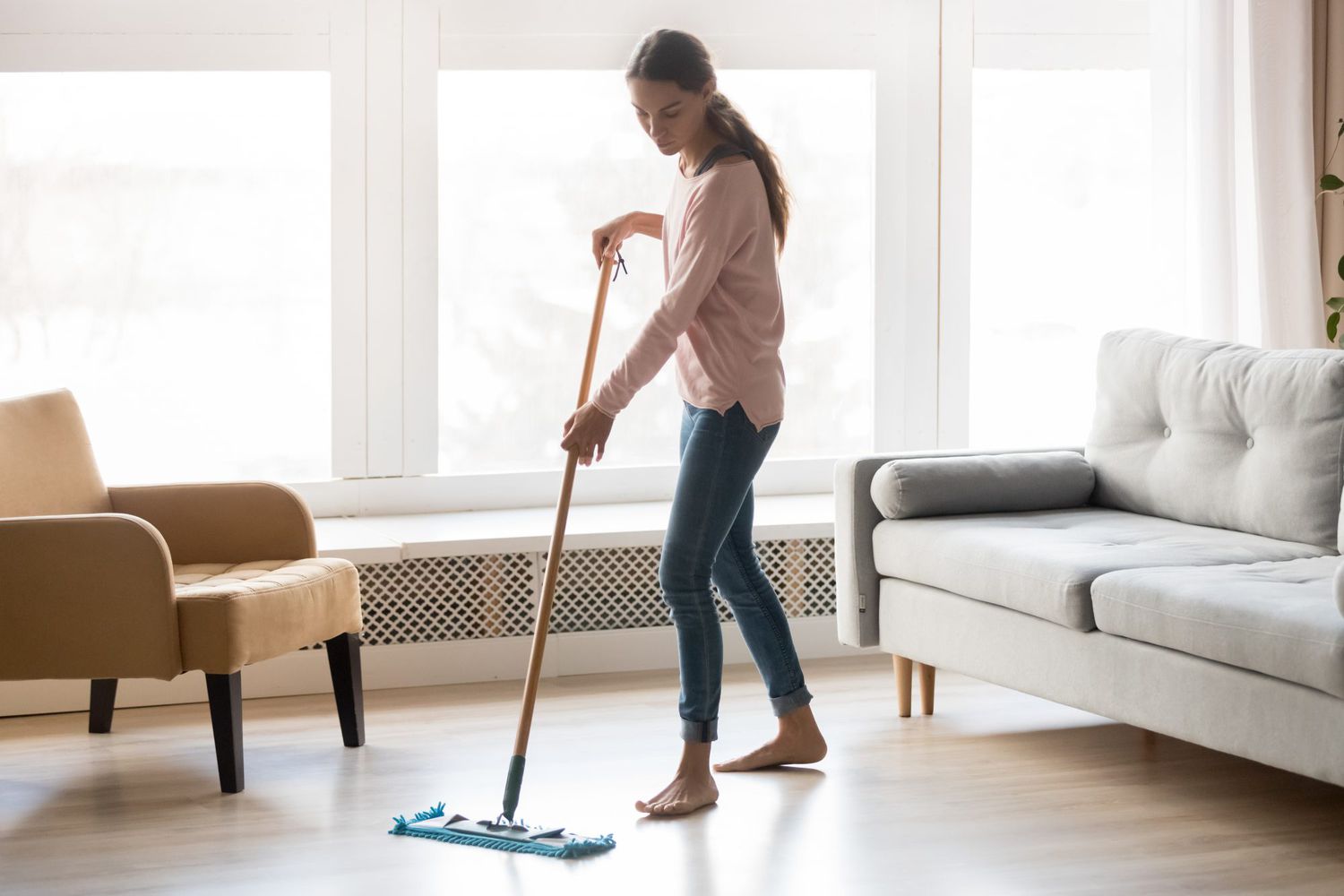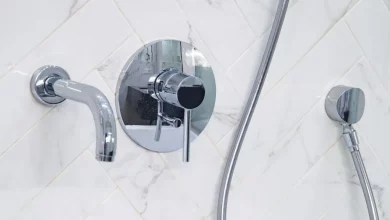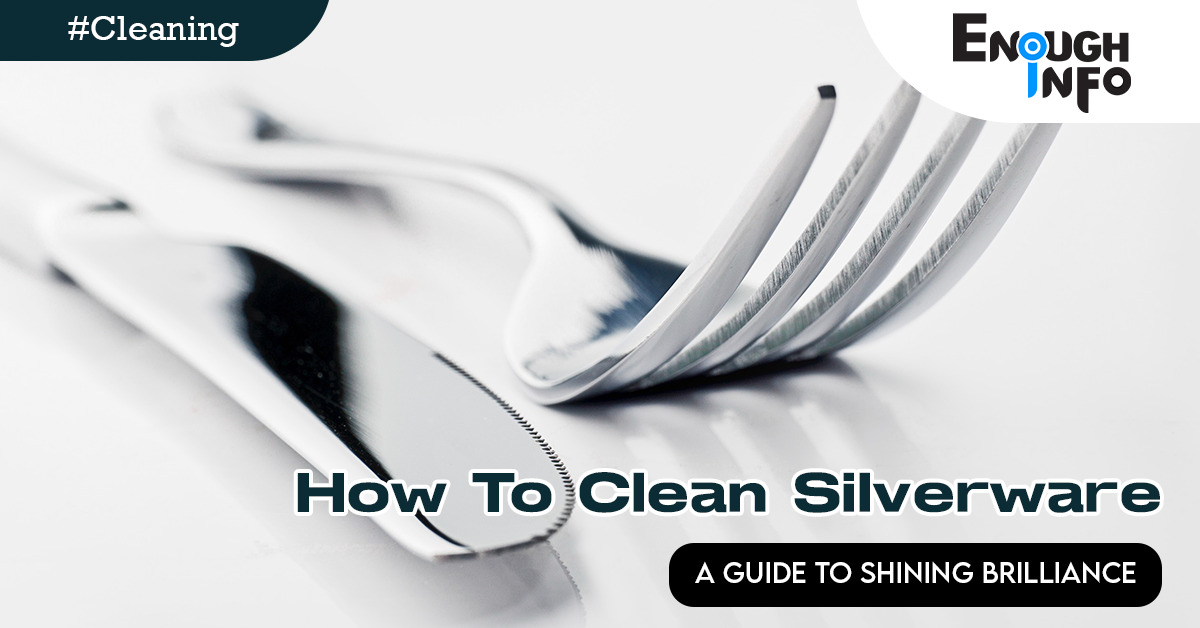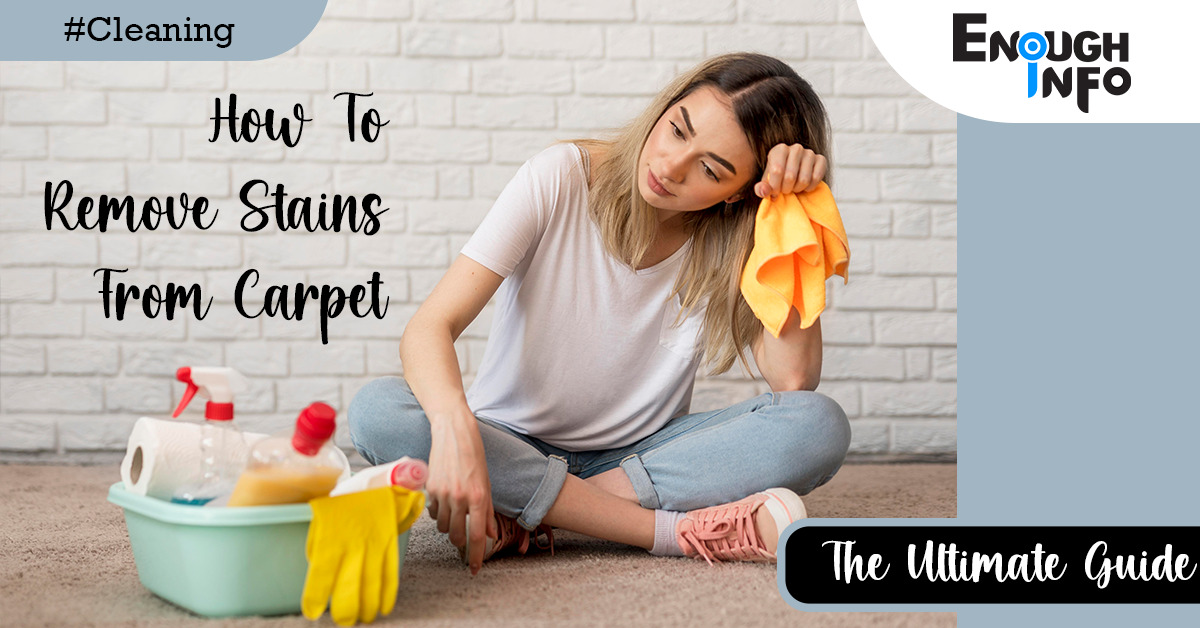How To Clean Hardwood Floors Naturally

How to clean hardwood floors naturally – Hardwood floors are not only beautiful but also a valuable investment in any home. To maintain their natural luster and longevity, it is essential to clean hardwood floors regularly. However, many conventional cleaning products contain harsh chemicals that can damage the wood’s finish or pose health risks. Fortunately, there are natural and eco-friendly alternatives that can effectively clean and preserve hardwood floors.enoughinfo
Learning how to clean hardwood floors naturally is important for the health and safety of your household, the environment, and the longevity of your hardwood floors. By embracing natural cleaning methods, you can maintain the beauty of your floors, save money, and contribute to a healthier and more sustainable lifestyle. So, go ahead and make the switch to natural cleaning solutions for your hardwood floors, and enjoy the benefits of a clean and safe living environment.
Read Also: How to clean a microwave(The Ultimate Guide )
Learning how to clean hardwood floors naturally is important for several reasons:
- Health and Safety: Traditional cleaning products often contain harsh chemicals that can release toxic fumes, irritate the skin, and pose health risks, especially for individuals with allergies, respiratory issues, or chemical sensitivities. By opting for natural cleaning methods, you eliminate exposure to harmful substances, creating a safer and healthier environment for you, your family, and your pets.
- Environmental Considerations: Conventional cleaning products can have a negative impact on the environment. Harsh chemicals present in these products can contaminate water sources, harm aquatic life, and contribute to air pollution. Choosing natural cleaning solutions reduces your ecological footprint and promotes sustainability.
- Preserving the Beauty of Hardwood Floors: Hardwood floors are an investment, and their natural beauty deserves to be maintained without compromising their quality. Natural cleaning methods help preserve the integrity of the wood, prevent damage to the finish, and extend the lifespan of your hardwood floors. By avoiding harsh chemicals, you reduce the risk of discoloration, fading, or deterioration of the wood’s natural shine.
- Cost-Effectiveness: Natural cleaning solutions are often more cost-effective than commercial cleaning products. Ingredients such as vinegar, lemon juice, and baking soda are readily available and inexpensive. By utilizing these natural alternatives, you can save money while achieving the same, if not better, cleaning results.
- Versatility: Natural cleaning methods offer versatility in their application. They can be used on different types of hardwood floors, including sealed, unsealed, and engineered wood. This versatility allows you to adapt your cleaning routine to specific flooring requirements, ensuring that your hardwood floors are properly cared for and maintained.
- Peace of Mind: Cleaning your hardwood floors naturally provides peace of mind, knowing that you are using safe and non-toxic methods to clean your living space. You can have confidence that your cleaning routine aligns with your values of health, sustainability, and responsible living.
- Avoiding Damage: Traditional cleaning products often contain ingredients that can strip away the protective finish on hardwood floors or leave residue behind. Natural cleaning solutions, on the other hand, are gentle yet effective in removing dirt, grime, and stains without causing harm or compromising the wood’s integrity. This helps to preserve the original appearance and quality of your hardwood floors.
Read Also: How To Soften Grout For Removal
How to Clean Hardwood Floors Naturally: A Comprehensive Guide to Safe and Effective Cleaning Methods
In this comprehensive guide, we will explore various natural cleaning methods, provide step-by-step instructions, and address frequently asked questions to help you keep your hardwood floors clean, safe, and beautiful.
Why Choose Natural Cleaning Methods for Hardwood Floors?
Using natural cleaning methods for hardwood floors offers several benefits. Firstly, it avoids exposing your family and pets to toxic chemicals commonly found in commercial cleaning products. Additionally, natural cleaning solutions are cost-effective, eco-friendly, and safer for the environment. By opting for natural alternatives, you can maintain the beauty and integrity of your hardwood floors without compromising your health or the planet.
Essential Tools and Materials for Natural Floor Cleaning
Before you start cleaning, gather the following tools and materials:
- Soft-bristle broom or vacuum cleaner (with a hardwood floor attachment)
- Microfiber mop or cloth
- Bucket
- Distilled water (for solutions that require water)
- White vinegar
- Lemon juice
- Olive oil
- Black tea bags
- Baking soda
Preparing the Floor for Cleaning
Begin by removing any loose dirt, dust, or debris from the floor’s surface. Sweep gently with a soft-bristle broom or use a vacuum cleaner with a hardwood floor attachment. Pay extra attention to corners, crevices, and areas near baseboards. Avoid using abrasive brooms or vacuum brush rolls, as they can scratch the floor.
Natural Cleaning Solutions for Hardwood Floors
Vinegar and Water Solution: Vinegar is a versatile and effective natural cleaner. Mix equal parts distilled water and white vinegar in a bucket. Dampen a microfiber mop or cloth in the solution, ensuring it is not overly wet, as excessive moisture can damage hardwood floors. Wring out any excess liquid and gently mop the floor, following the wood grain. Avoid leaving standing water on the floor and work in small sections to prevent overexposure to moisture.
Lemon Juice and Olive Oil Mixture: For a natural, homemade polish, combine half a cup of lemon juice with one tablespoon of olive oil. Apply a small amount of the mixture to a clean, dry microfiber cloth. Gently rub the cloth onto the hardwood floor in a circular motion, focusing on areas that require extra shine or conditioning. The lemon juice acts as a natural disinfectant, while the olive oil nourishes and restores the wood’s natural beauty. Be cautious not to use excessive amounts of the mixture, as it can leave behind a greasy residue.
Black Tea Solution: Black tea is a surprising yet effective natural cleaner for hardwood floors. Brew a few bags of black tea in hot water and allow the tea to cool. Once cooled, dip a clean cloth or mop into the tea, wring out any excess liquid, and gently wipe the floor. The tannins present in black tea help enhance the wood’s color and provide a natural shine. This method is particularly useful for darker hardwood floors.
Baking Soda and Water Paste: For stubborn stains or scuff marks, create a paste using baking soda and water. Mix equal parts baking soda and water in a bowl until a thick paste forms. Apply the paste to the stained area and gently rub it using a soft cloth or sponge. Rinse the area with a damp cloth and dry it thoroughly. Baking soda’s gentle abrasive properties help lift stains without damaging the wood.
Read Also: How to organize your closet(Step by Step)
Cleaning Techniques for Different Types of Hardwood Floors
Sealed Hardwood Floors: Sealed hardwood floors have a protective layer, making them less susceptible to damage from moisture. For regular cleaning, use the vinegar and water solution mentioned earlier. Remember to avoid excessive moisture and dry the floor promptly. Additionally, avoid using abrasive materials or harsh chemicals that can strip the sealant.
Unsealed or Untreated Hardwood Floors: Unsealed or untreated hardwood floors require extra care, as they are more vulnerable to water damage. To clean these floors, use a damp (not wet) microfiber mop or cloth with the vinegar and water solution. Quickly dry the floor after cleaning to prevent moisture penetration. It is important to consult with a flooring professional if you have unsealed hardwood floors, as they may require specific maintenance or sealing procedures.
Engineered Hardwood Floors: Engineered hardwood floors consist of a thin layer of real wood over a plywood base. While they are more resistant to moisture than solid wood floors, it is still important to avoid excessive water exposure. Clean engineered hardwood floors using the vinegar and water solution or the black tea solution mentioned earlier. Take care to dry the floor promptly to prevent water damage.
Preventive Maintenance Tips for Hardwood Floors
To keep your hardwood floors in optimal condition, incorporate these preventive maintenance tips into your routine:
- Place doormats at entryways to prevent dirt and debris from being tracked onto the floor.
- Use protective pads or felt under furniture legs to prevent scratches.
- Avoid wearing high heels or shoes with sharp edges on hardwood floors.
- Trim pets’ nails regularly to minimize scratches.
- Clean up spills immediately to prevent water damage or staining.
- Use area rugs or mats in high-traffic areas or under furniture to reduce wear and tear.
- Avoid excessive exposure to direct sunlight, as it can cause fading and discoloration.
Read Also: How to organize your closet(Step by Step)
Frequently Asked Questions (FAQs)
Can I use vinegar to clean all types of hardwood floors?
Vinegar is generally safe for most hardwood floors. However, it is always recommended to check with your flooring manufacturer or professional for specific care instructions, especially for specialty or exotic hardwoods.
How often should I clean my hardwood floors?
Regular cleaning is important to maintain the beauty and condition of hardwood floors. Generally, it is recommended to clean high-traffic areas once or twice a week and other areas at least once a month. Adjust the frequency based on the amount of foot traffic and specific needs of your hardwood floors.
Can I use a steam mop on hardwood floors?
It is generally not recommended to use a steam mop on hardwood floors. The excessive heat and moisture generated by steam mops can cause damage to the wood and its finish. Instead, opt for the natural cleaning methods mentioned in this guide, which provide effective and safer alternatives for cleaning hardwood floors.How to clean hardwood floors naturally
What should I do to remove stubborn stains from hardwood floors?
For stubborn stains on hardwood floors, such as ink or wine, you can try the baking soda and water paste mentioned earlier. Apply the paste to the stain, gently rub it with a soft cloth or sponge, and rinse with a damp cloth. If the stain persists, it is advisable to consult a professional for guidance on stain removal techniques that are specific to your type of hardwood floor.
How can I minimize scratches on my hardwood floors?
To minimize scratches on hardwood floors, take preventive measures such as using protective pads or felt under furniture legs, avoiding wearing shoes with sharp edges, and regularly trimming pets’ nails. Additionally, using a soft-bristle broom or vacuum cleaner with a hardwood floor attachment will help remove dirt and debris without causing scratches. It is also recommended to clean the floor using the gentle cleaning methods discussed in this guide to avoid abrasive materials that could scratch the wood.
Read Also: Data Scientist Job Description
Conclusion:
Cleaning hardwood floors naturally is not only beneficial for your health and the environment but also essential for preserving the beauty and integrity of the wood. By following the step-by-step instructions provided in this comprehensive guide, you can effectively clean your hardwood floors using natural solutions and techniques. Remember to choose the appropriate cleaning method based on your type of hardwood floor, take preventive measures to maintain its condition, and address any specific care instructions provided by the manufacturer or flooring professional. With regular cleaning and proper maintenance, your hardwood floors will continue to shine and enhance the aesthetics of your home for years to come.




